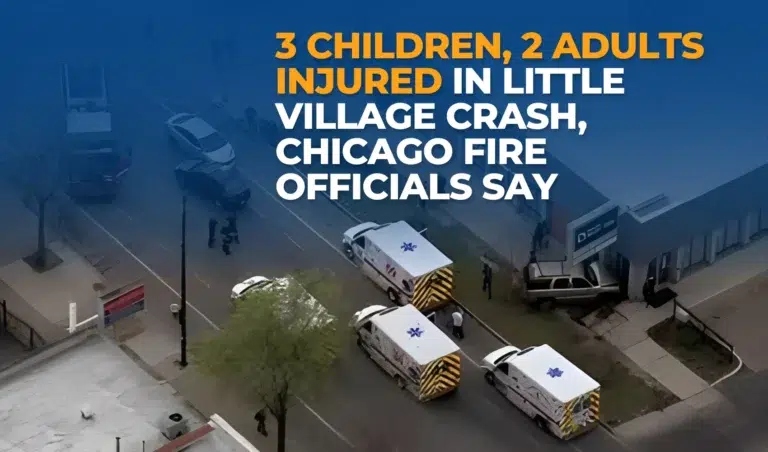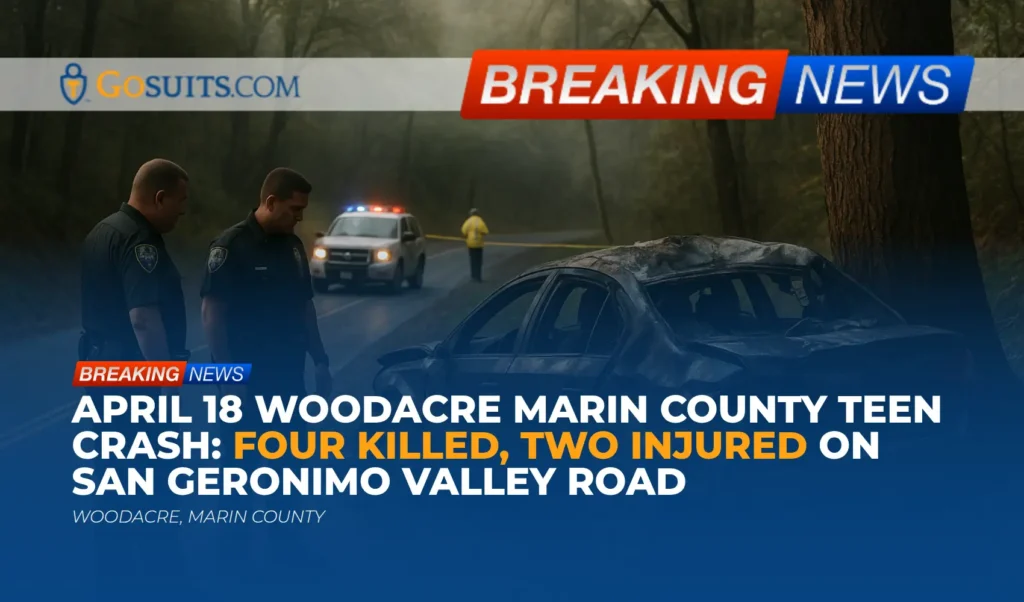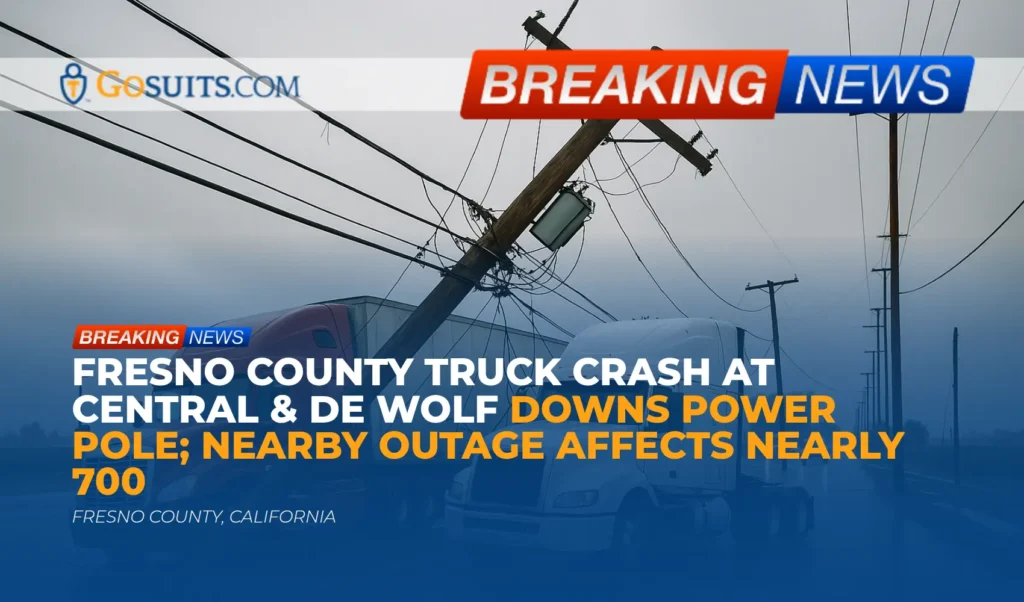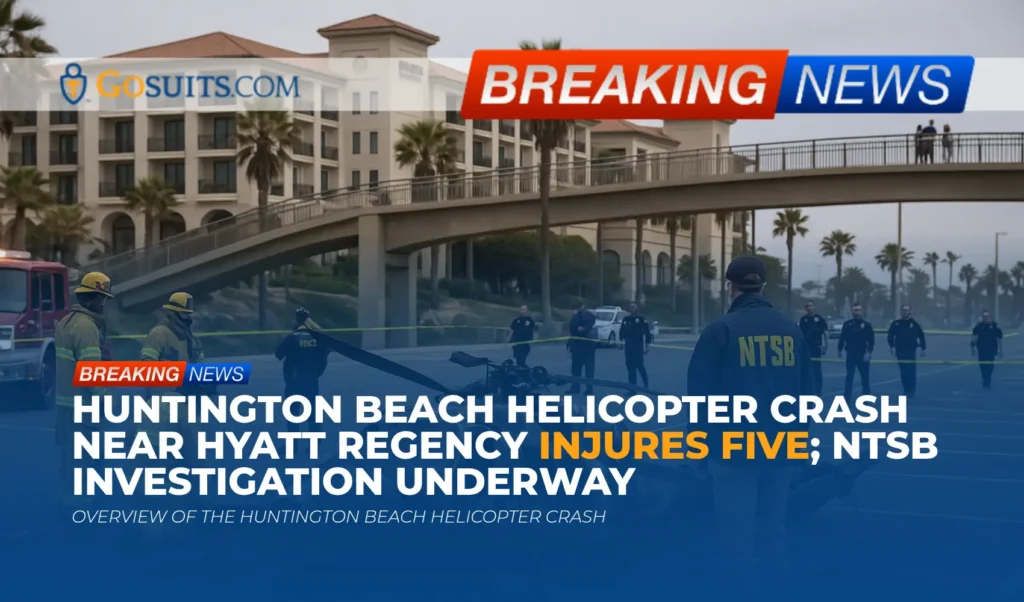Five people, including three children, were hospitalized following a vehicle crash Thursday afternoon on Chicago’s Southwest Side, according to the Chicago Fire Department. The incident occurred near West 26th Street and South Whipple Street in the Little Village neighborhood.
Emergency crews responded to the scene and transported all five victims—three minors and two adults—to Stroger Hospital. Fire officials confirmed that everyone was listed in good condition as of Thursday evening.
The exact circumstances of the crash, including how many vehicles were involved and what led up to the incident, have not yet been released. The Chicago Police Department has not provided a public statement, and the identities, ages, and genders of those injured have not been disclosed.
No other injuries were reported, and the area was cleared for traffic later in the day. The crash remains under investigation.
Commentary from a Gosuits Personal Injury Attorney
When children are injured in a vehicle crash, even in cases where everyone is expected to recover, there are important legal and medical factors that families should understand early on. In Illinois, injury claims involving minors are handled with additional protections to ensure that any settlement or compensation directly benefits the child, and those protections often require court approval, even for relatively modest claims.
From a legal perspective, injuries to children, no matter how minor they seem at first, should be taken seriously. Children may not be able to express symptoms clearly, and certain types of trauma, such as head injuries or soft tissue damage, can take time to appear or be diagnosed. That is why medical documentation from the very first hospital visit is critical—not just for the child’s health, but for establishing any potential injury claim later on.
If this crash was caused by another driver’s negligence, such as speeding, distraction, or failure to yield—the affected families may have a right to pursue compensation for medical costs, future treatment, and emotional trauma, both for the children and for any adult caretakers who were involved.
In many family-centered crashes, a single household may include multiple injured parties. In these cases, it’s important to understand how insurance coverage applies, whether policy limits are shared, and what recourse exists if those limits are exceeded.
Even in “good condition,” families should not feel pressured to dismiss legal options too soon. Children often require follow-up care, and Illinois law allows minors to preserve their legal rights until they turn 18, plus an additional two years, giving families time to assess the full impact of the crash before making decisions.

What to Do After a Crash Involving Children
When a child is involved in a car crash—even if they seem physically fine in the moment—it’s natural to feel overwhelmed. But you don’t have to manage everything alone. A personal injury attorney can help guide families through the steps needed to protect both the child’s health and future legal rights.
Seek immediate medical attention: Even low-speed crashes can result in delayed or internal injuries for children. Emergency responders can provide critical first assessments, and an attorney can help ensure those medical evaluations are properly documented from the start.
Preserve medical records and follow-up care: After the initial hospital visit, request copies of all test results, discharge papers, prescriptions, and follow-up instructions. If you’re working with an attorney, they can help organize these records and coordinate communication with healthcare providers as needed.
Report the crash: Notify your insurance company about the incident, but be cautious with early statements or settlement forms. A personal injury attorney can speak with insurers on your behalf, protecting your child’s interests and preventing pressure to settle before the full extent of injuries is known.
Watch for delayed symptoms: Children don’t always verbalize pain or emotional distress. Pay attention to changes in behavior, appetite, sleep, or mood in the days following the crash. If you’re unsure how to document these symptoms, your attorney can offer guidance or connect you with pediatric specialists familiar with post-accident evaluations.
Get support from medical professionals: Follow up with your child’s doctor or a specialist to rule out lingering effects. Your attorney may also recommend additional evaluations or therapists who have experience with child injury cases, particularly when subtle or emotional injuries are involved.

Let a legal professional handle the rest: If another driver was responsible for the crash, your family may be eligible to recover compensation for current and future medical expenses, emotional trauma, or any long-term impact on your child’s development. A personal injury attorney can manage the legal and insurance processes, allowing you to focus on your child’s recovery without taking on added stress.






